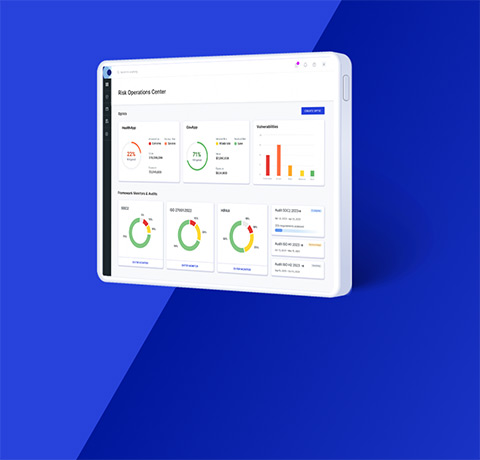Additional Considerations:
- Training and Awareness: Ensure that your staff are well-informed about CCPA obligations and the specific roles they play in maintaining compliance.
- Vendor Management: Assess and manage the compliance of third-party service providers or vendors who handle PI on your behalf, ensuring their practices align with CCPA requirements.
- Regular Updates: Stay informed about amendments to the CCPA and related regulations, such as the California Privacy Rights Act (CPRA), to adjust your compliance strategies accordingly.
- Consumer Rights Management: Implement and regularly test systems to efficiently respond to consumer rights requests, including access, deletion, correction, and opt-out from the sale of PI.
By following this detailed checklist, your organization can better prepare for CCPA compliance, ensuring that personal information is handled responsibly and transparently, thereby upholding the rights of California residents.
Amendments to the CCPA and Introduction of CPRA
On March 15, 2021, the California Attorney General’s office announced enhancements to the California Consumer Privacy Act (CCPA) through additional regulations aimed at bolstering the rights of Californians to control the sale of their Personally Identifiable Information (PII). These amendments reinforce CCPA’s provisions against unethical business practices by clarifying and strengthening the language regarding consumer protections.
Furthermore, the enactment of the California Privacy Rights Act (CPRA) in November 2020, as approved by voters, marked a significant evolution of California’s privacy legislation. While the CPRA amends and expands the CCPA, it does not replace it. Instead, it introduces additional requirements and scenarios under which consumers have the right to opt out of the selling and sharing of their personal information, as well as certain types of data processing.
The CPRA, which took effect on January 1, 2023, mandates businesses to undergo regular cybersecurity and data privacy audits, enhancing the security and privacy measures protecting consumer data. It also compels organizations to define and disclose the retention periods for each category of personal information collected, ensuring transparency about how long consumer data is kept and the purposes for its retention. These retention timeframes must be clearly stated within the companies’ online privacy policies.
Key Enhancements Under CPRA Include:
- Expanded Consumer Rights: CPRA introduces new rights such as the right to correct inaccurate personal information, the right to limit the use and disclosure of sensitive personal information, and the right to opt out of automated decision-making processes.
- Risk Assessments and Auditing: Businesses subject to the CPRA are required to conduct regular risk assessments and submit to cybersecurity audits, focusing on areas where consumer data practices pose significant risks to privacy.
- Data Minimization and Purpose Limitation: The CPRA emphasizes principles of data minimization and purpose limitation, requiring businesses to collect only the personal information necessary for the stated purposes and not retain personal information for longer than necessary.
- Establishment of the California Privacy Protection Agency (CPPA): The CPRA established the CPPA, a new regulatory body empowered to enforce privacy legislation and provide guidance to businesses and consumers about their rights and responsibilities under California’s privacy laws.
These legislative changes underscore California’s commitment to protecting consumer privacy and set a precedent for other states to follow. Businesses must adapt to these evolving regulations to ensure compliance and safeguard consumer trust.
To learn more about how these developments impact your business and to navigate the complexities of compliance with CCPA and CPRA, watch the recording. This resource provides essential insights and guidance to help you understand and implement the required privacy protections and operational changes.


 A single source of truth to assign, capture and track fulfillment of regulatory requirements
A single source of truth to assign, capture and track fulfillment of regulatory requirements

